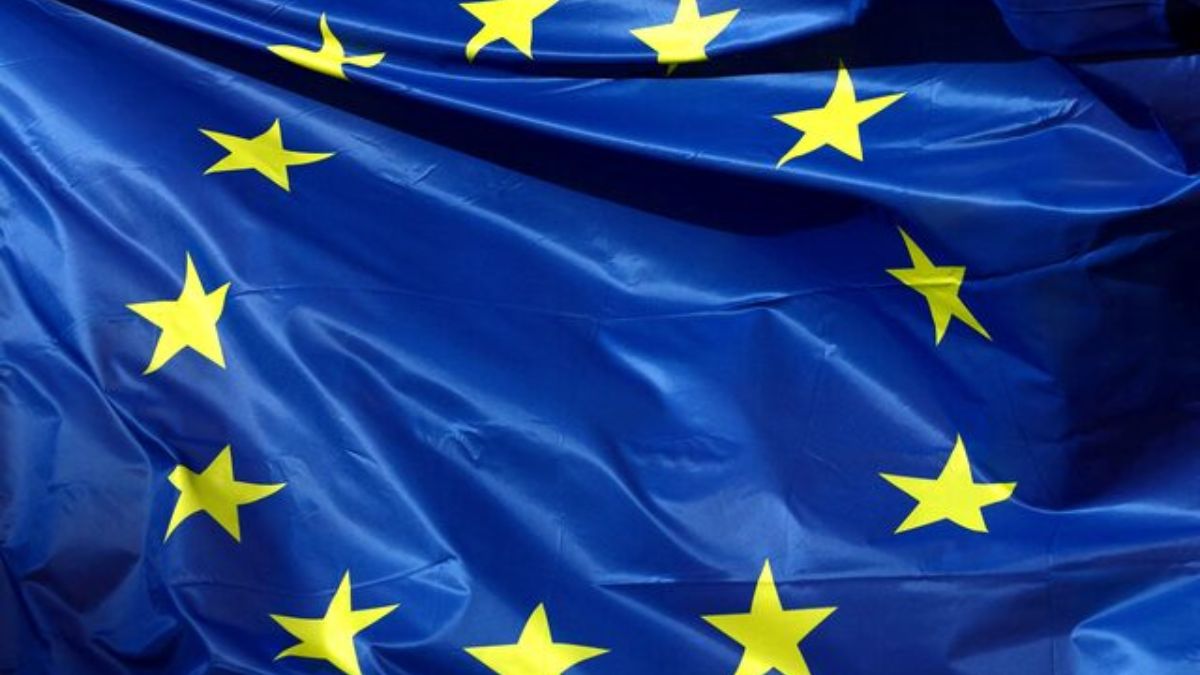The Netherlands faces a prolonged period of political uncertainty after a closely fought election that left no single party with more than a fifth of the vote. The centrist-liberal D66 and the centre-right Christian Democratic Appeal both benefited from a growing public desire for stability, while the race for the largest share of seats ended in a near tie between D66 and Geert Wilders’s far-right Freedom Party.
With coalition negotiations expected to be lengthy and complex, prospects for a majority government before the holidays appear slim. Yet, as in many recent European elections, the European Union loomed large — not in campaign rhetoric, but in the implications of the result. The outcome may have a lasting effect on the Netherlands’ role within Brussels, especially given the electorate’s stronger-than-expected pro-European sentiment.
Compared with 2023, Dutch voters have shown a clear shift away from Euroscepticism, offering what appears to be a quiet but firm mandate for cooperation and reform. If D66 leader Rob Jetten succeeds in becoming the country’s first prime minister from his party, it would signal a significant reorientation in Dutch policy toward the EU. D66 has consistently championed European integration more openly than any other Dutch party.
Speaking after the vote, Jetten emphasised the need for closer collaboration within the bloc, saying the Netherlands should rely less on its veto power and “say yes to cooperation more often," reported POLITICO. He added that Europe risked stagnation without deeper integration, arguing that the Netherlands, as a founding member of the Union, should play a central role in shaping its future.
These remarks mark a clear departure from the previous government led by technocrat Dick Schoof, whose limited visibility in Brussels contributed to what Dutch broadcaster NOS described as a decline in the country’s influence. One senior EU diplomat remarked bluntly, “No one listens to the Dutch anymore".
Impact Shorts
More ShortsA turning point for Dutch influence in Brussels
Schoof’s tenure began with ambitions to secure exemptions on asylum, nitrogen, and nature rules, along with a reduced contribution to the EU budget. However, such aims proved unattainable, and the Netherlands found itself isolated within the bloc. A Jetten-led administration could reverse this trend.
While former prime minister Mark Rutte shared Schoof’s pragmatic approach, he remained cautious on treaty reforms and collective borrowing. Jetten, however, appears ready to advance further, viewing the Netherlands as a natural bridge-builder and an advocate for deeper European cooperation. His European ties are strong, as he is aligned with Renew Europe, the liberal alliance linked to French President Emmanuel Macron—a connection that previously boosted Dutch influence.
Yet even this alliance has weakened. Macron’s domestic political struggles have eroded his standing in Brussels, diminishing the strength of the liberal camp. At the same time, European politics has grown increasingly fragmented: southern nations push for greater collective investment, northern members—including the Netherlands—continue to prioritise fiscal discipline, eastern countries focus on defence, and western states centre their attention on industrial competitiveness.
External pressures further complicate the picture. The US now expects Europe to assume greater responsibility for its own defence, while China’s growing influence compels the EU to reconsider its economic dependencies.
As coalition talks continue in The Hague, Brussels is watching intently. The formation of the next Dutch government could determine whether the Netherlands reclaims its role as a constructive European voice — or remains on the periphery of the continent’s decision-making circles.
)